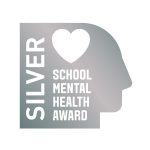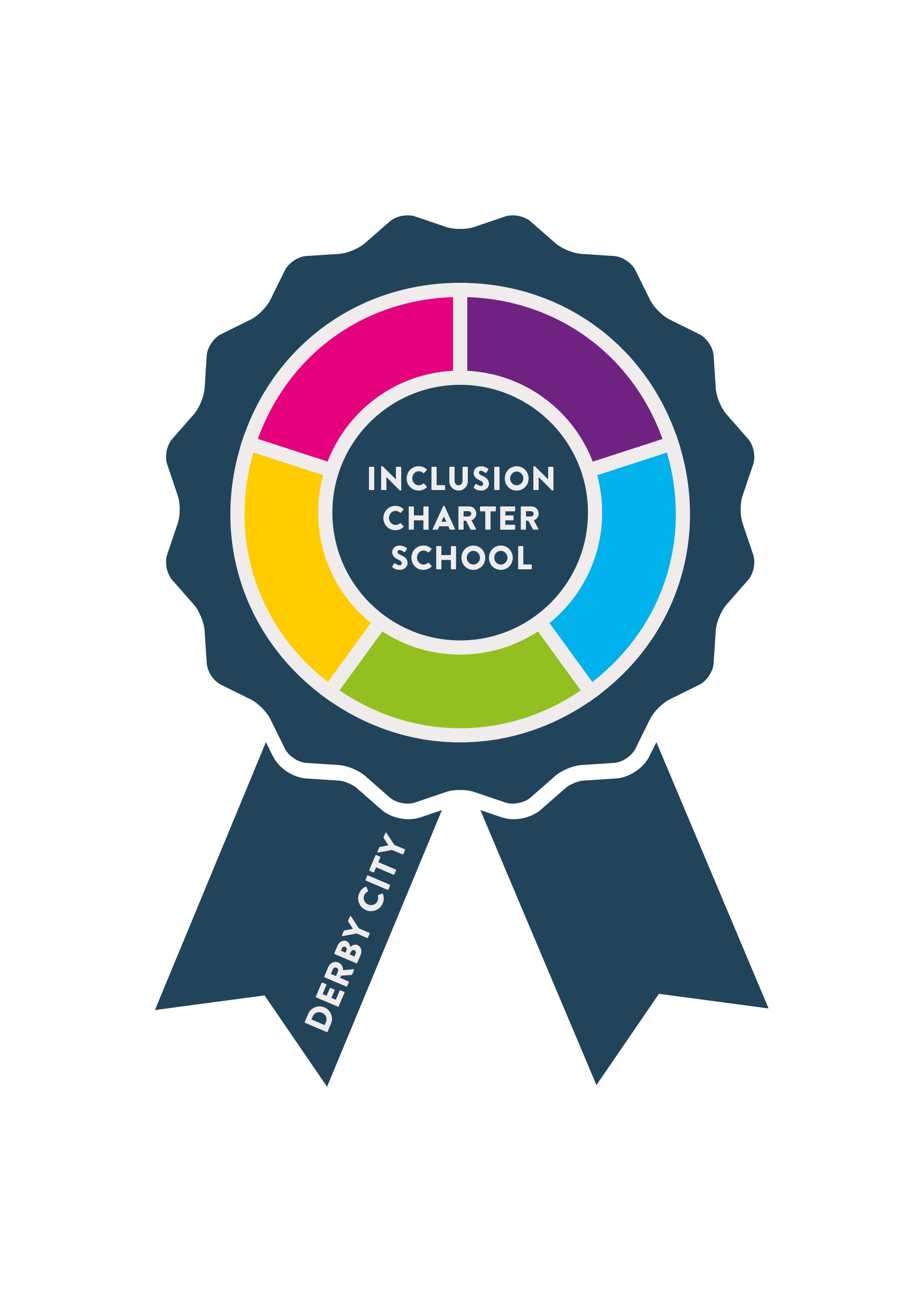
Overview
Children are naturally curious so learning about Science should nurture this curiosity and allow then to ask question and develop the skills they need to explore further. Through the science curriculum, pupils learn how science works, investigate problems and discover why science matters in the world.
Intent
It is our intention in Science to develop in all young people a lifelong curiosity and interest in the sciences. When planning for the science curriculum, we intend for children to have the opportunity, wherever possible, to learn through varied systematic investigations, leading to them being equipped for life to ask and answer scientific questions about the world around them. As children progress, they build on their skills in working scientifically, as well as on their scientific knowledge, as they develop greater independence in planning and carrying out fair and comparative tests to answer a range of scientific questions.
Implementation
The acquisition of key scientific knowledge is an integral part of our science lessons. Each lesson has a clear focus. Scientific knowledge and enquiry skills are developed with increasing depth and challenge as children move through the school. They complete investigations and hands-on activities while gaining the scientific knowledge for each unit. Interwoven into the teaching sequence are key assessment questions. These allow teachers to assess children’s levels of understanding at various points in the lesson. They also enable opportunities to recap concepts where necessary. The sequence of lessons helps to embed scientific knowledge and skills, with each lesson building on previous learning.
Impact
In Science, progress is measured through a child’s ability to know more, remember more and explain more. This can be measured in different ways in our units. Children who feel confident in their science knowledge and enquiry skills will be excited about science, show that they are actively curious to learn more and will see the relevance of what they learn in science lessons to real-life situations and also the importance of science in the real world.


